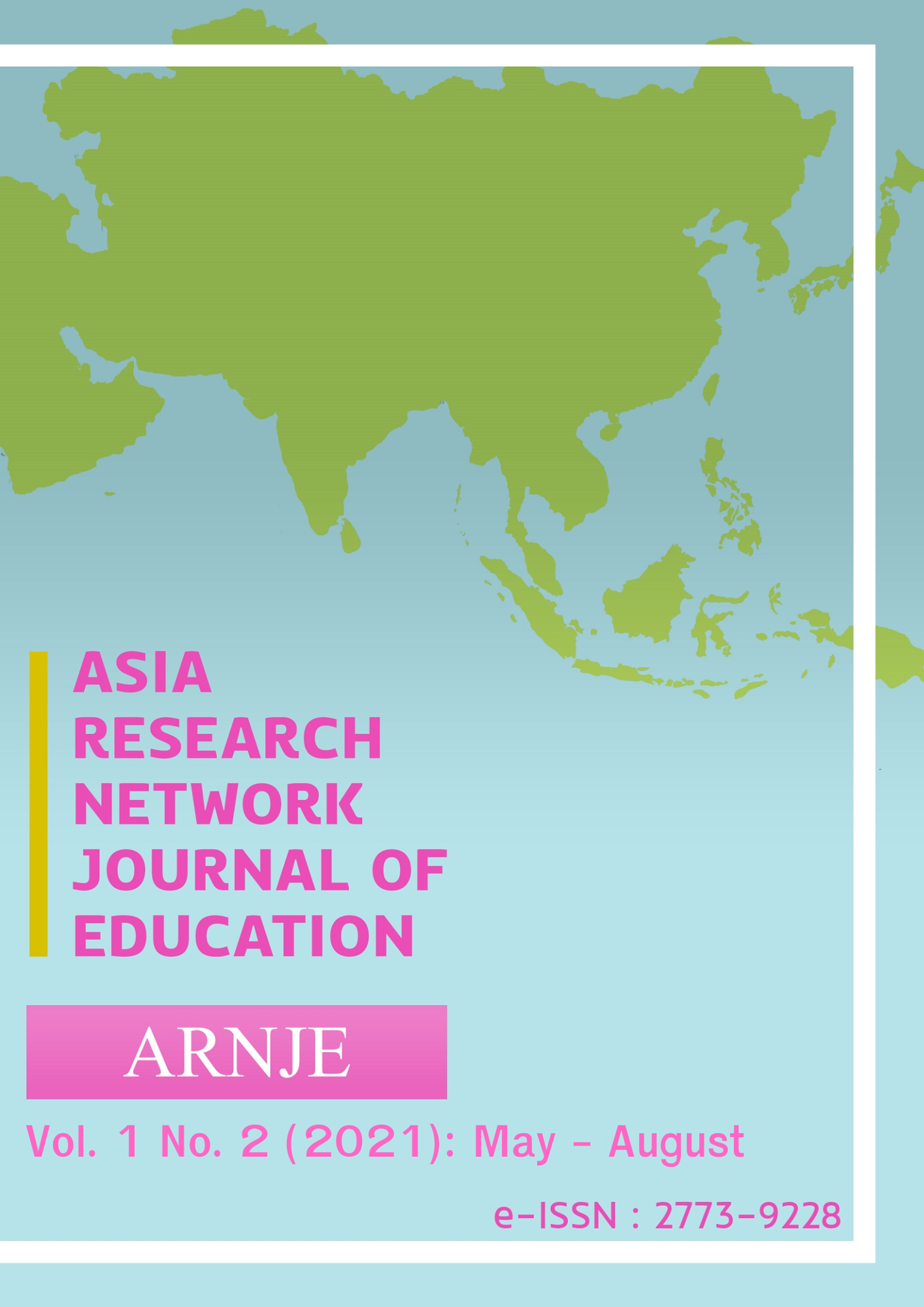Filipino Physics Teachers' Teaching Challenges and Perception of Essential Skills for a Supportive Learning Environment
Main Article Content
Abstract
The 2018 result of the Programme for International Students Assessment (PISA) shows below-average Filipino students' scientific literacy. Trends in International Mathematics and Science Studies (TIMSS) show the same result even after implementing the country's revised basic education curriculum. These findings from international assessments call for researchers and policymakers to analyze the possible interplay of curricular variables contributing to the Filipino students' challenged scientific literacy. This research article employs descriptive research methodology to describe the existing phenomenon of interest, the present teaching and learning status quo. Physics teachers from various provinces in Mindanao participated in a semi-structured interview, and their responses were subjected to thematic analysis. Analysis of their responses led to the exposition of Filipino physics teachers’ teaching challenges, and their perception of essential skills necessary for honing a supportive learning environment. The results reveal that the skills teachers stipulated as essential for a supportive classroom are also the same set of skills that they find challenging in developing in their physics classes. The paper also discusses auxiliary challenges that may have impacted the quality of classroom instruction, which can help shed light on the below-average performance of students in international assessments.
Article Details
Copyright: CC BY-NC-ND 4.0
References
Balagtas, M., Garcia, D. & Ngo, D. (2019). Looking through Philippine’s K to 12 curriculum in mathematics and science vis-à-vis TIMSS 2015 assessment framework. EURASIA Journal of Mathematics, Science and Technology Education, 15/12.
Bernardo, A. (2002). Language and mathematical problem solving among bilinguals. The Journal of Psychology, 136/3, 283-297.
Bonifacio, A. (2013). Developing information, communication, technology (ICT) curriculum standards for K-12 schools in the Philippines. Paper presented at the The Sixth Conference of MIT's Learning International Networks Consortium (LINC), MIT, Cambridge, Massachusetts, USA.
Department of Education. (2016). The K to 12 curriculum and its support system. Retrieved from https://www.deped.gov.ph/wp-content/uploads/2018/07/J.Andaya-Education-Summit.pdf
Department of Education. (2019). 2019 DepEd Teacher Induction Program. Retrieved from https://www.teacherph.com/teacher-induction-program/
Department of Education. (2016). K to 12 curriculum guide science (Grade 3 to Grade 10). Retrieved from https://www.deped.gov.ph/wp-content/uploads/2019/01/Science-CG_with-tagged-sci-equipment_revised.pdf
Faour, M. & Ayoubi, Z. (2018). The effect of using virtual laboratory on grade 10 students’ conceptual understanding and their attitude towards Physics. Journal of Education in Science, Environment and Health, 4/1, 54-68.
Gall, M.D., Gall, J.P., & Borg, W.R. Educational research: An introduction (8th ed.). Boston: Pearson.
Garcia, L. (2015). Environmental science issues for higher-order thinking skills (HOTS) development: a case study in the Philippines. Biology Education and Research in a Changing Planet. Singapore: Springer Science + Business Media
Garrett, L. (1997). Dewey, Dale, and Bruner: educational philosophy, experiential learning, and library school cataloging instruction. Journal of Education for Library and Information Science, 38/2.
Glatthorn, A., Boschee, F., Whitehead, F., & Boschee, B. (2016). Curriculum leadership- strategies for development and implementation. Sage Publications. United States of America.
Gödek, Y. (2004). The development of science education in developing countries. Gazi University Journal of Kirsehir Education Faculty,. 5/1, 1-9.
Hazelkorn, E. & Ryan, C. (2015). Science education for responsible citizenship. Report to the European Commission of the Expert Group on Science Education.
Ince, E., Gunes, Z., Yaman, Y., Kirbaslar, F., & Yolcu, E. (2015). The effectiveness of the IUVIRLAB on undergraduate students’ understanding of some physics concepts. Procedia- Social and Behavioral Sciences 95, 1785-1792.
Imam, O., Mastura, M., Jamil, H. & Ismael, Z. (). Reading comprehension skills and performance in science among high school students in the Philippines. Asia Pacific Journal of Educators and Education. 29, 81-94.
Linog, B., Lahoylahoy, M., & Alguno, A. (2013). PHET-simulation-aided lessons and demonstrations: approach to enrich students’ understanding on the least learned competency in Physics education. International Journal of the Computer, the Internet and Management, 21/2, 46-50.
Lai, E. (2011). Critical thinking: a literature review research report. London: Parsons Publishing
Marquez, L. (2014). Critical thinking in the Philippines education: what we have and what we need. Journal for Critical Education Policy Studies. 15, 272-303.
McDermott, C. (2001). On Oersted Medal Lecture 2001: Physics education research- the key to student learning. American Journal of Physics, 69/2, 129-136.
Onyesolu, O. (2009). Virtual reality laboratories: an ideal solution to the problems facing laboratory set-up and management. In Proceedings of the World Congress on Engineering and Computer Science 2009 (WCECS 2009). San Francisco, USA.
Orleans, A. (2007). The condition of secondary school physics education in the Philippines: recent developments and remaining challenges for substantive improvements. Australian Educational Researcher, 34/1, 33-54.
Osborn, J. & Dillon, J. (2008). Science education in Europe: critical reflections. A report to the Nuffield Foundation, U.K.
Ramos, J. (2018). Critical thinking skills among senior high school students and its effect in their academic performance, International Journal of Social Sciences & Humanities, 3/1, 60-72.
Scheckler, K. (2003). Virtual labs: a substitute for traditional labs? International Journal of Developmental Biology. 47, 231-236.
Steinberg, R. (2000). Computers in teaching science: to simulate or not to simulate?. American Journal of Physics. 68, 37-41.
Tesfaye, C. & White, S. (2007). Challenges high school teachers face. American Institute of Physics Conference Proceedings.
TIMMS 2019 Encyclopedia. (2019). TIMSS & PIRLS International Study Center, Lynch School of Education, Boston College. Retrieved from https://timssandpirls.bc.edu/timss2019/encyclopedia/philippines.html


